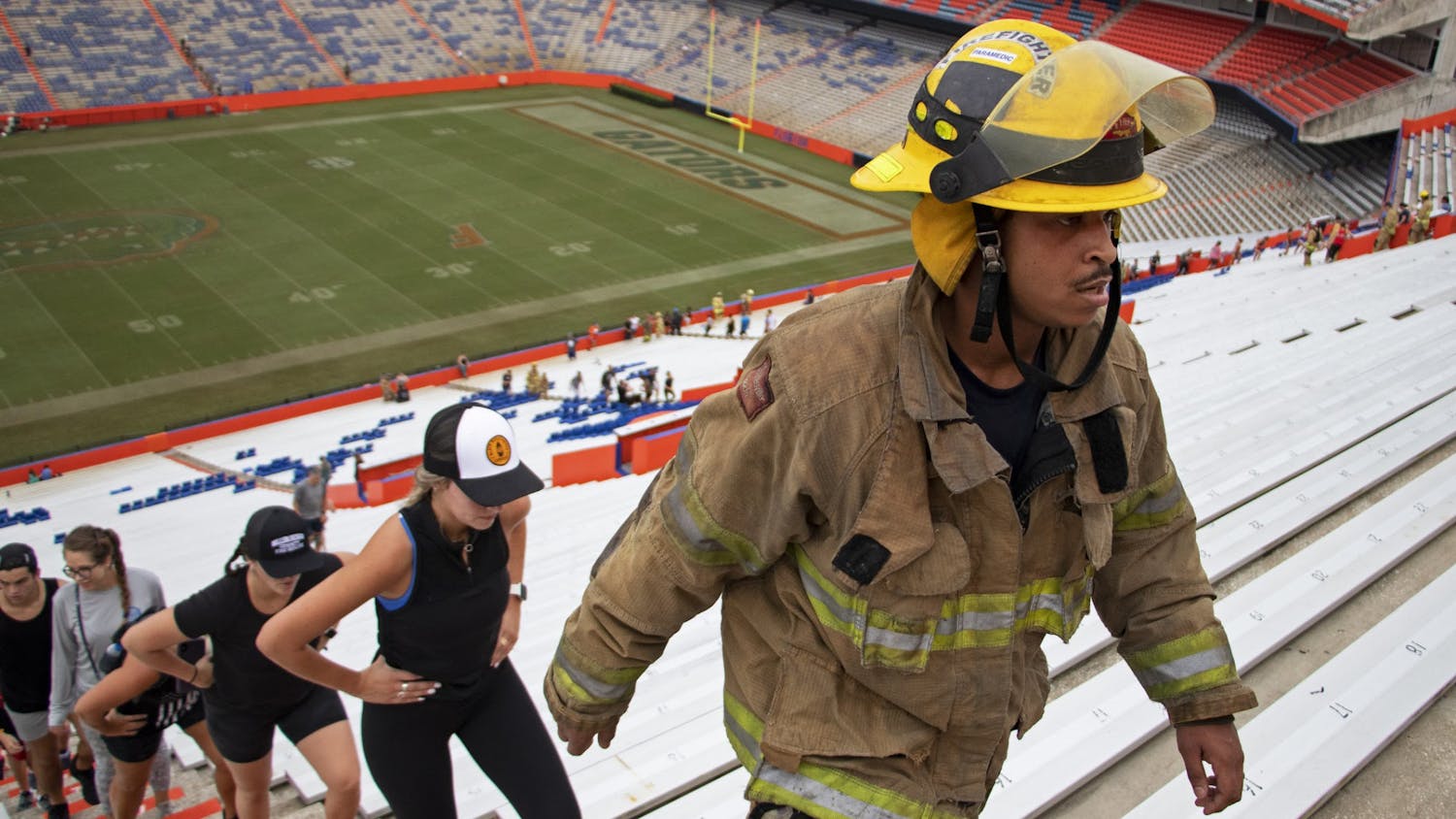As President Obama’s approval ratings continue to fall and he amasses more enemies on both sides of the aisle in response to his invasion of Libya, I am reminded of perhaps the most telling and haunting moment of the 2008 presidential election coverage.
Three days before the election, Tom Brokaw sat down for an interview with Charlie Rose on PBS. Both men were supportive of Obama and had treated him to favorable news coverage over the course of the campaign.
In the interview, however, both men reached a startling realization. Neither of them knew who Barack Obama actually was.
What is his worldview? What are his stances on foreign policy? Who are his advisers? What books has he read? Who are his heroes?
As each of the questions they posed was answered with an increasingly dense black hole of uncertainty, Brokaw stated the inevitable conclusion as the interview drew to a close: “There’s a lot about him we don’t know.”
It was true. Nobody knew a lot about Barack Obama, in large part because journalists such as Brokaw and Rose were too swept up in the hysteria to perform the investigative work that would have answered such questions.
Obama had run a masterfully crafted campaign on the platform of hope and change. Voters across the country were projecting their image of an ideal leader onto this young, fresh, energetic senator from Illinois.
Democrats believed he would end war and poverty. Republicans believed he would end racial tension. Because Obama revealed so little about his actual policies and positions, voters were left to fill in the blanks for themselves.
Once elected, Obama’s strategy of ambiguity was carried into his presidency. He set out to undertake various reforms and projects, yet the motives behind his agenda remained a mystery.
However, as it became clear that socialized medicine was being disguised as health care reform and government takeovers were being disguised as economic stimulus, Republicans and independents began to bail on Obama and regret their support of his campaign.
During the gulf oil spill, many Democrats also began to question his leadership as he delayed response for so many weeks after the crisis began. More recently, Obama’s failure to close Guantanamo Bay and his invasion of Libya have Democrats across the country ripping their Obama stickers off their Toyota Priuses.
The simple fact is that Obama’s ideology does not entirely align with traditional tenets of either side of the aisle. A cursory investigation of Obama’s role models and mentors reveals more anarchists and communists than Republicans and Democrats, and anyone who wishes to think critically and objectively must wonder if such influences have shaped his ideology.
The average American, whether Republican or Democrat, believes in the exceptional status of this country that is commonly called the “American Dream.” Obama, through his famous “worldwide apology tour,” his actions and his speeches, has demonstrated his perspective to be significantly different, and his policies are reshaping this country into a form that most Americans do not want.
Administration officials are scrambling to relay Obama’s plan to the American people in a form that makes sense, yet more and more stages of the plan are becoming increasingly odious to all Americans. The more people realize that Obama’s endgame does not align with their vision of America, the more perilous Obama’s political future will be.
Bob Minchin is a fourth-year electrical engineering major. His column appears on Fridays.





